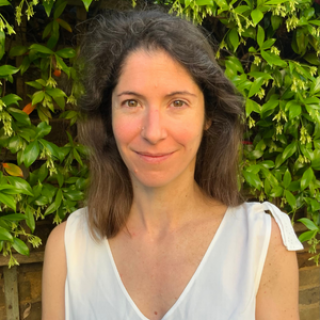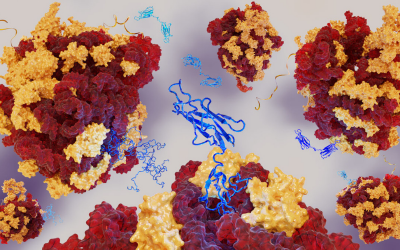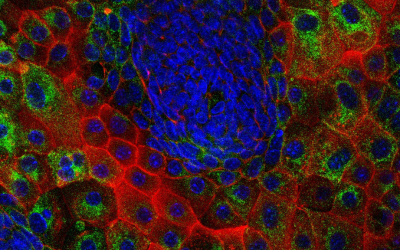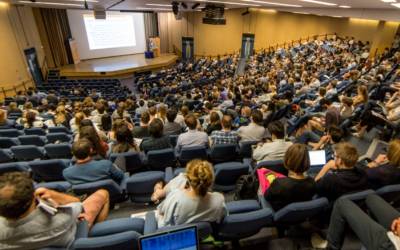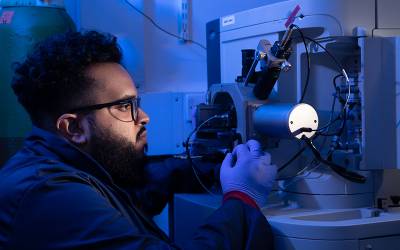Research Fellowships
Why Us for your Fellowship?
- UCL's Research Department of Structural and Molecular Biology is one of the world's largest academic centres for research in biochemistry
- ISMB is composed of over 65 Research Groups, one of the largest groupings of Research Labs in structural and molecular biology in the world.
- Sophisticated high-end instrumentation including cryogenic electron microscopy and electron tomography, nuclear magnetic resonance, mass spectrometry, and single-molecule biophysics
We are pioneering both multi-disciplinary approaches aimed to bridge across the scales of biology, and methods to integrate disparate data across the disciplines.
We are particularly recognized for electron microscopy and integrated structural biology approaches. We aim at fostering and leading this field on the global stage.
We pride ourselves in doing world-class research in the most collegial and collaborative environment, with emphasis on a positive research culture of mentoring and promoting equal opportunities for researchers at all levels
We have a very persuasive track record in supporting women in science and pay heed to all aspects of equality, diversity and inclusion.
We provide continuous support and mentorship to support our fellows in their research and career progression

Independent Funding
One of the biggest challenges facing prospective fellows is finding the right funding. We have put together an extensive lists of funding options relevant to SMB.

Application Process
Entry criteria and assessment details
Panel Deadlines for 2022: 4th October 2022, 2nd February 2023, 5th June 2023 and 2nd October 2023.
Meet our Current Fellows
Latest Research by Our Current Fellows
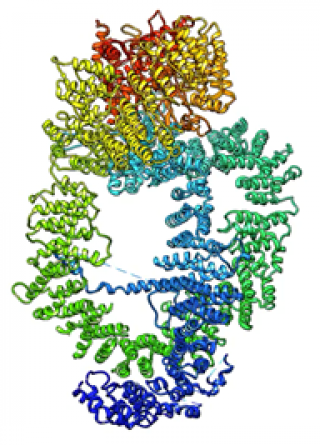
The Tra1 transcription coactivator by Alan Cheung, Sir Henry Dale fellow (eLife DOI:10.7554/eLife.28384)
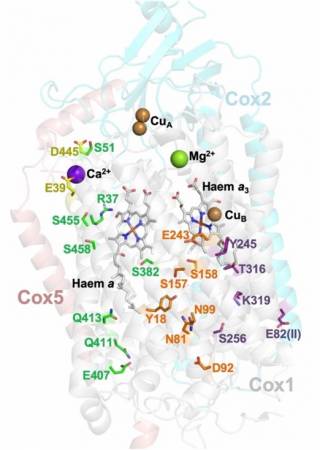
Three possible proton-conducting channels of cytochrome c oxidase by Amandine Marechal, MRC Career Development Fellow (PNAS, DOI: 10.1073/pnas.2001572117)
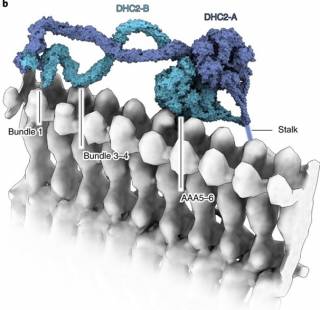
Dynein-2 complex on intraflagellar transport trains by Anthony Roberts, Sir Henry Dale fellow (NSMB DOI: 10.1038/s41594-019-0286-y)
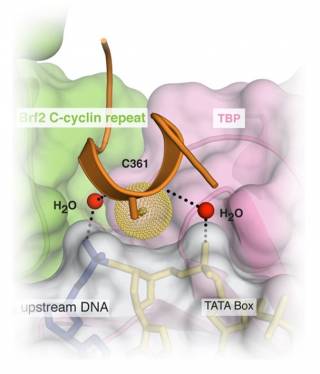
Redox regulation of Pol III transcription by oxidation of Brf2 residue Cys-361 by Jerome Gouge, Sir Henry Dale fellow (Cell, DOI: 10.1016/j.cell.2015.11.005)
Junior Postdoctoral Fellowships
There are opportunities for junior postdoctoral fellows in our department. Typically, a junior fellow will have one or two postdocs under their belt and some relevant lead author publications. They will have their own ideas about a research programme they would like to develop but would benefit from the close support of one or more established labs that can provide them with support, training and mentoring.
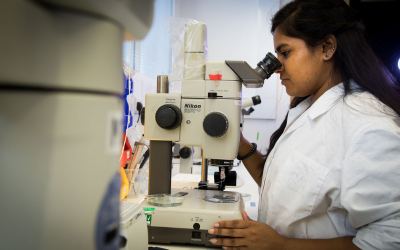
There is no departmental-level vetting process for prospective junior fellowship applicants. Instead, please get in touch with an SMB academic in a relevant research area with who you'd like to work with. They are best placed to advise you on how they, their research group and the wider SMB could support you.
Get in touch with potential lab hosts at least a month before the deadline to avoid disappointment.
Our funding page covers many different options but is not exhaustive. Please explore the list and the information provided on the funders’ websites.
 Close
Close



